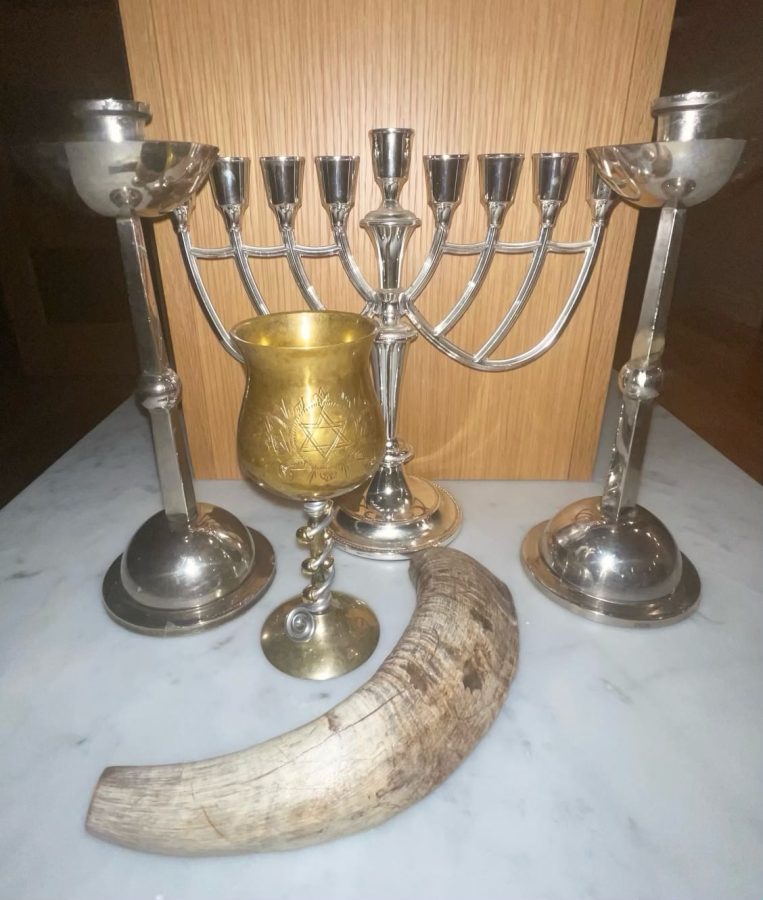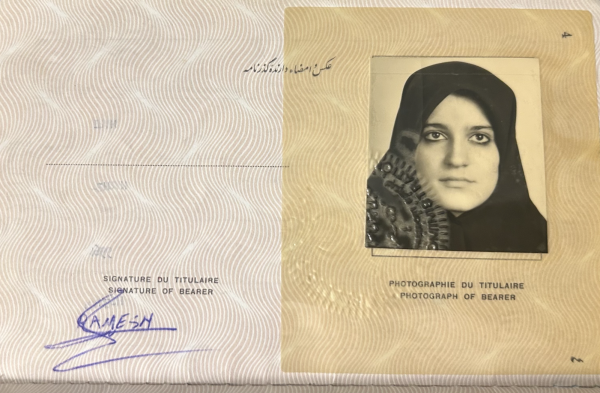Opinion: Judaism doesn’t have to be expensive
January 10, 2022
It is no secret that being an observant Jew can be costly. Whether you’re buying a mezuzah for your doorstep, separate silverware for meat and milk, or a synagogue membership, the expenses can add up. Despite these costs, Judaism is only as expensive as you want it to be.
No matter what denomination of Judaism you identify with, there are certain essentials you need to practice the religion. As a Jew, I often utilize various physical objects to practice such as Shabbat and Havdalah candles, shofars and Kippot, which can be expensive even if I do not perform concrete Jewish rituals every day. However, certain rituals like lighting Shabbat candles every week help me feel connected to my Jewish identity.
Other holidays make Judaism even more financially taxing. For instance, the Torah requires people to buy fresh fruits and plant species for the holiday of Sukkot. It is also biblically mandated that Jews build a wooden Sukkah to sleep and eat in for seven days. The construction and upkeep of the Sukkah, as well as various costs of living and eating outside all add up quickly.
Another key aspect of Judaism is attending synagogue. While not all Jews participate in this practice on a weekly basis, most Jews attend annual high holiday services. On high holidays such as Rosh Hashanah and Yom Kippur, the Torah states that it is especially important to attend a prayer service. However, the baseline cost for a year-long membership at various synagogues is often restrictively expensive. For example, for a household of two adults over 30, the yearly Adas Israel congregation fee is $3,658.00. For a regular household membership at the Beth Sholom congregation, there is a fee of $2,100. These costs make high holiday services unaffordable for many families. However, many synagogues waive fees for families that have financial need.
Another core value in Judaism is keeping kosher. For instance, a family that keeps kosher must separate meat and dairy and may not eat dairy six hours after they eat meat. Due to this rule, many Jews buy separate utensils in order to keep meat and dairy separate. Buying two sets of utensils, pots, plates, and other dishes can be pricey. Prices for basic items vary based on quality and brand but generally, a single set of pots can cost $80 to $400, a single set of dishes can cost $40 to $300 and a single set of silverware can cost $50 to $250.
Another added expense is certified kosher foods. In 2011, wholesale food prices increased by 3.9% and certified kosher foods became even more expensive because of the special handling they require. If an animal becomes injured or sick, they are no longer kosher and can not be eaten. By Passover 2010, kosher meat cost 20% more than non-kosher meat.
When buying religious objects, the Sages say we should purchase the nicest one that we can afford. In my life, I don’t always do this. As a Reform Jew, most of the time, I decide to spend money on a new pair of shoes rather than a fine Hannukiah, but I still think I live my everyday life following God’s commandments. Choosing to prioritize certain things over Judaism does not make me any less of a Jew.
I have separate dishes and silverware to keep kosher in my house and have a mezuzah on every doorpost, but I do not own a Sukkah, Havdalah candles, or even a seder plate. I still consider myself a Jew. Not any less, and not any more than anyone else. Judaism is defined by community and faith, not by a sum of money.














